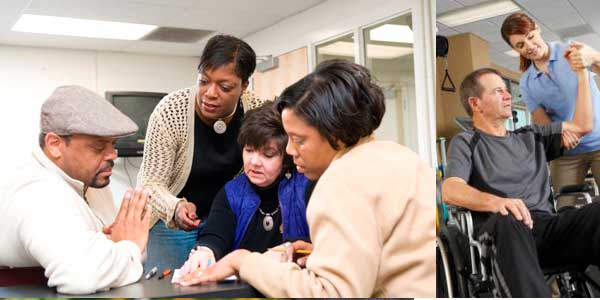Master in Science – PsychoSocial Rehabilitation and Counselling
[one_half][ads1][/one_half]Training in this area prepares professionals to work in the area of mental health and provide Psycho social care to persons with mental illness. It also includes training in counselling skills. Highlight of the course is its emphasis on hands-on learning and experiential learning. The course also concerns the personal growth of the students.
PsychoSocial Rehabilitation Eligibility
A candidates who has passed Bachelor’s degree in any one of the following subjects – Social Work or Psychology or Sociology or Nursing or Home Science or Occupational Therapy or any Graduate with Behavioral & Social Science as one of the major subjects of study and has secured not less than 50% of aggregate marks in the final examination. Any graduate with M.B.B.S. degree from a recognized Indian University or its equivalent.
Academic Year Commencement
August – September.
Course Duration
2 yrs.
Objectives
1. Understand the basic principles and values of PsychoSocial Rehabilitation.
2. Understand the impact of stigma on people who have a psychiatric disability.
3. Understand the principles of recovery and empowerment in working with people who have psychiatric disability.
4. Understand the importance of bringing cultural sensitivity and awareness to all interactions as a practitioner.
5. Identify a range of practice models utilized in psycho social rehabilitation.
6. Understand the impact of the social movements that have shaped the development and evolution of psychosocial rehabilitation services.
7. Demonstrate a basic understanding of ethical practice in psychosocial rehabilitation.
8. Understand the basics of formulating a rehabilitation goal, strengths assessment an documentation
9. Understand the issues related to transitional youth and strategies for engaging them in recovery.
Scope
It may include employment developed through job carving, self-employment entrepreneurial initiatives, or other job development. Restructuring strategies that result in job responsibilities being customized and individually negotiated to fit the specific needs of each individual with a disability.





